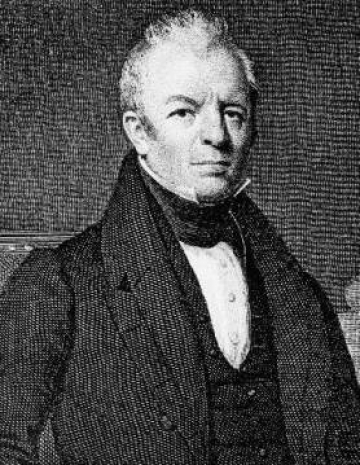Academic Honors
The Faculty of Law has established a system of academic honors to recognize outstanding academic achievement. These honors, which are noted on a student’s official transcript, are awarded at the end of each academic year based on a student’s performance during that year.
Beginning with the Fall 2022 semester (i.e., with the LL.M. Class of 2023 and the J.D. Class of 2025), the Law School will deploy an updated system of academic honors. A comparison of both systems appears below:
Honors system in place through J.D. Class of 2024/LL.M. Class of 2022 |
Honors system in place beginning with J.D. Class of 2025/LL.M. Class of 2023 |
|---|---|
| N/A | Highest Honors for students in the top 2% of their respective class based on GPA. |
| Kent Scholar status for students who earned a GPA of 3.8 or higher, or who received A+, A-, or A grades in all but one class (At least half of a student’s grades must be A+ or A, setting aside the lowest grade). | High Honors for students in the top 10% of their class based on GPA |
| Stone Scholar status for students who earned a GPA of 3.41 or higher and who received no grade lower than a B- | Honors for students in the top 40% of their respective class based on GPA |
| All: To be considered for any of the honors listed above, a student must earn at least 15 letter graded law credits toward their degree during an academic year. | All: To be considered for any of the honors listed above, a student must earn at least 15 letter graded law credits toward their degree during an academic year. |
Note that honors are calculated based on GPA as it compares to students in the same class year (i.e., a 1L student’s GPA is compared against the GPA distribution of the 1L class).
In both systems, only grades earned in Law School classes (i.e., not in other divisions of the University nor while enrolled in an exchange program at another school) are used in calculating honors. No student will receive honors for a year that includes a grade of "Incomplete."
To be considered for Highest Honors, High Honors, or Honors, a student must earn at least 15 letter graded law credits toward their degree during an academic year.
Special Honors for Outstanding Performance in a Class
Faculty may choose to recognize the single best student in a class with an enrollment of 30 or more. This designation—Special Honors for Outstanding Performance in a Class—is awarded at the instructor’s discretion, and the instructor is free to choose whether to award the prize in a given course or a given semester.
Cumulative Honors
J.D. students who receive Kent Scholar status or High or Highest Honors in each of the academic years in which they are enrolled at Columbia Law School are awarded the Ruth Bader Ginsburg Prize at graduation. J.D. transfer students who enroll at Columbia Law School at the beginning of their 2L year are eligible to receive the Ginsburg Prize if they achieve Kent Scholar status or High or Highest Honors in both their 2L and 3L years.
The John Ordronaux Prize is awarded annually to the J.D. student who has achieved the highest GPA in the graduating class. The Walter Gellhorn Prize is awarded annually to the LL.M. student who has achieved the highest GPA in the graduating class.
Honors system in place through J.D. Class of 2024/LL.M. Class of 2022
James Kent Scholars
Established in 1923 by the Faculty of Law, in memory of James Kent who, in 1793, became the first Professor of Law at Columbia College, and was an inspiration for the establishment of legal education at Columbia. Awarded in recognition of outstanding academic achievement by students in each of the three classes.
A student shall be named a Kent scholar if during an academic year the student has earned at least 15 letter graded law credits toward their degree, and in that year either 1) has achieved a grade point average of 3.800, or 2) has received grades all or all but one of which are A+, A, or A- (the exception being no lower than B), and, if the lowest grade is put aside, at least half of which are A or A+. Only law credits are used to calculate honors. No one will receive honors for a year which includes a grade of “Incomplete.”
Harlan Fiske Stone Scholars
Established in 1946 by the Faculty of Law, in memory of Harlan Fiske Stone, Law 1898, Lecturer in Law 1899-1903, Adjunct Professor of Law 1903-1905, Professor and Dean of the Faculty of Law 1910-1924, Associate Justice of the Supreme Court 1925-1941, and Chief Justice of the United States 1941-1946. Awarded in recognition of superior academic achievement by students in each of the three classes.
A student shall be named a Stone scholar if during an academic year the student has earned at least 15 letter graded law credits toward their degree, the student has received no grade lower than B-, and the student’s academic average for the year is at or above 3.410. Only law credits are used to calculate honors. No one will receive honors for a year which includes a grade of "Incomplete."
